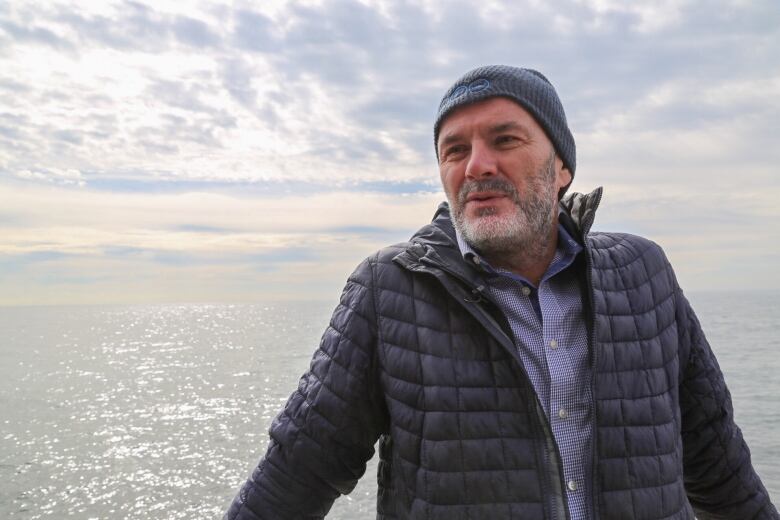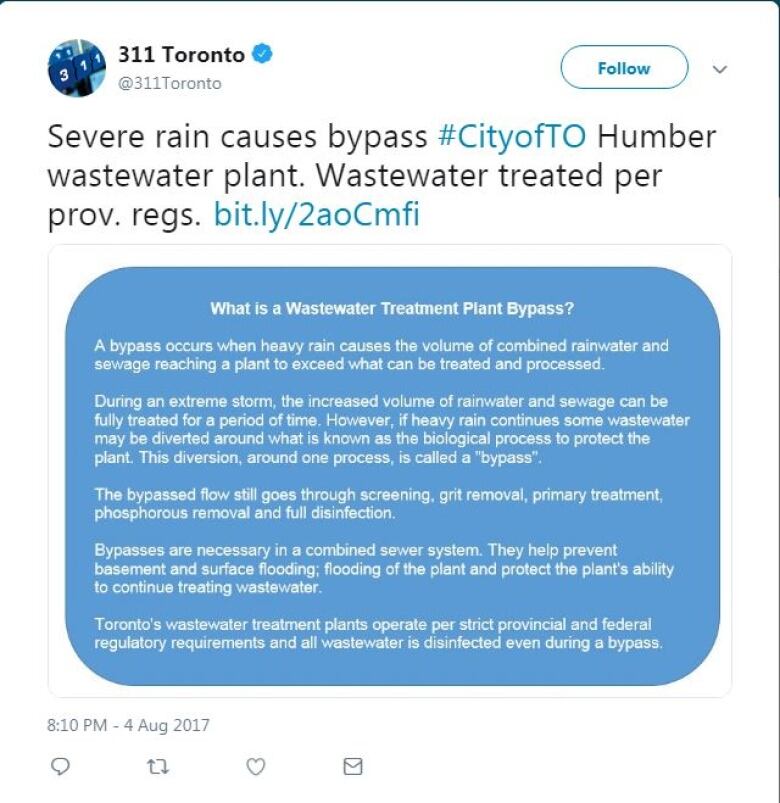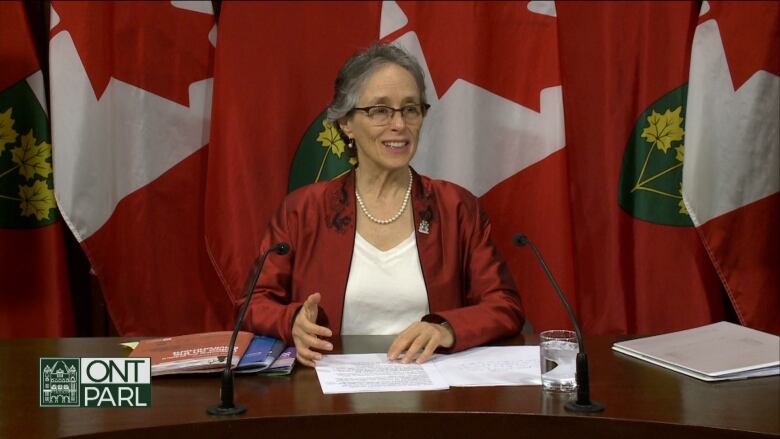New climate plan requires municipalities to warn public about sewage spills into lakes, streams
Old infrastructure becoming increasingly overwhelmed by new climate realities, experts say

The province's new climate plan may force hundreds of municipalities across Ontario to publicly report when any raw sewage is dumped directly into lakes and rivers, and provide the gritty details.
The Ontario government's program, called Preserving and Protecting our Environment for Generations: A Made-In-Ontario Environment Plan, calls for increased monitoring and public reporting of sewage overflows.
This real-time monitoring is something Lake Ontario Waterkeeper, a charityassociated with a nationalgroup called Swim Drink Fish Canada, has been advocating for for quite some time.
"There are a lot of disappointments [in the plan]but there is also a really hopeful sign that the government wants to increase transparency through real time monitoring of sewage overflows from municipal wastewater systems," saidMark Mattson, the co-founder of Lake Ontario Waterkeeper and the presidentof Swim Drink Fish.
"We think transparency and real-time monitoring is an essential building block of swimmable, drinkable,fishable water."

In many communities, the culprit is old infrastructure that relies on cross-connected or combined pipes.
During severe storms, which have become more common in recent years, sewer systems getoverwhelmed by storm water.Untreated wastewater discharges into lakes and streams when municipalitiesallowthatwater to bypass treatment plants.
A total of 1,327 such bypasses were reported to the ministry during the 2017-18 fiscal year.
The new climate plan says the province "will work with municipalities and other partners to increase transparency through real-time monitoring of the sewage overflows from municipal wastewater systems, which too often flow into Ontario's lakes and rivers."
Mattson says if the rules are clear and enforceable, it could be a crucial turning point for Great Lakes communities.
"I think on this on this point, on real time monitoring of sewage overflows, the government has to be commended for taking such swift action and pushing the municipalities to go down this road," he said.
Mattson said the city of Kingston is already doing real-time monitoring and his group went to the provincial environment commissioner to force the city of Toronto to do the same.

Toronto "has not been onside with real time monitoring of sewage overflows," Mattsonsaid.
"Which is one of the reasons why this summer, for example, we took over 900 samples in the inner harbour and worked with hundreds of volunteers to really underscore the impact that sewage is having in the harbour," he added.
In her annual report last month, Ontario's environmental commissioner Dianne Saxe urged the province to act.
"It's unbelievable that in 2018 the government allow this much filth into our lake and rivers every year," she said.
"These are the places where Ontarians spend time with our families, where we swim, where we fish."
While the province is pushing for real-time sewage bypass monitoring as Saxe had urged, it also announced that the office of the environmental commissioner would be merged with the Auditor General's office.

Pat Vanini, executive director of the Association of Municipalities of Ontario (AMO), said upgrading wastewater treatment and storm water management systems would require multi-million-dollar infrastructure investments.
"Many municipal governments have already separated their storm water sewers from their wastewater treatment systems," said Vanini.
"These projects are costly and municipal property taxes alone cannot cover large-scale infrastructure investments."
Vanini said federal and provincial governments will need to provide adequate funding for infrastructure investments that are needed to address new climate realities.












_(720p).jpg)


 OFFICIAL HD MUSIC VIDEO.jpg)
.jpg)



























































































